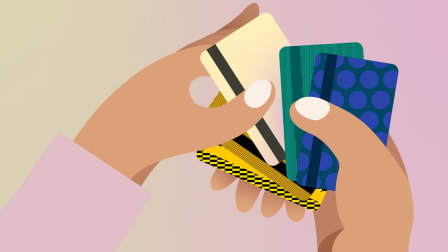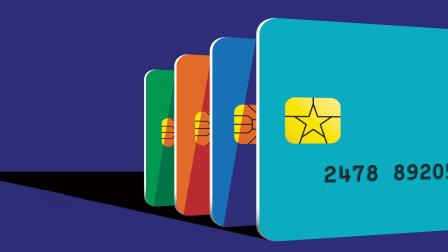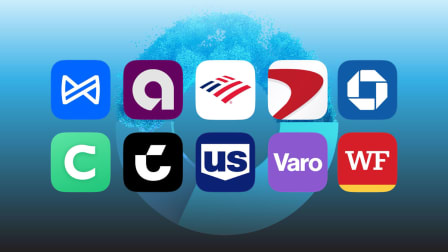How Millennials Can Keep Better Track of Their Money
Many sign up for too many bank accounts, then forget to monitor them. Tips to keep finances under control.

Internet-savvy millennials are having trouble keeping tabs on their money.
With the explosive growth of online banking apps, the group of roughly 24- to 40-year-olds has signed up for so many accounts that they can’t always keep track of them. And that can lead to problems.
Almost half of millennials with two or more accounts have been overdrawn on at least one of them in the past year, up from 35 percent in 2018, according to a recent study by Cornerstone Advisors, a financial services consulting group.
The most commonly cited reason was failing to keep track of account balances, which was mentioned by 41 percent of millennials who incurred overdraft fees. One out of 5 said they were unable to move funds from other accounts in time.
1. Make Full Use of Online Tools
Clearly, if you hold multiple banking accounts, you’ll need to commit to regularly monitoring your finances. The good news is that’s relatively easy to do with digital banking services.
For Landon Orr, a 23-year-old college student in Española, N.M., daily reviews of his balances are key. Orr has accounts with Cash App and Varo Money, both digital services, as well as an account with a walk-in bank. He has downloaded apps for all three.
“I check the balances on my phone daily, so I know how much money I have to spend,” Orr says.
Some digital banks may also offer an online dashboard tool, which will allow you to get an overview of all your different accounts, including those held by other banks and brokerages.
If you lack the discipline or don’t have time to check your accounts regularly, sign up for automatic alerts, which are offered by most online banks and financial apps. That way, you’ll get a text or an email if you have a bill payment coming due or if your balance drops below a certain level.
Those notifications can be especially helpful if one or more accounts are set up to move your money automatically, perhaps from a checking account to a rainy day fund.
But be selective about the notifications you choose. “You may end up ignoring the alerts if you are overloaded,” says Tom Fredrickson, a fee-only certified planner in Brooklyn, N.Y.
2. Close Accounts You Don't Need
Although multiple financial accounts can work well, make sure each one serves a particular purpose, says Dan Herron, a fee-only certified financial planner in San Luis Obispo, Calif.
“Many consumers may open an account to get a rate, or try out an app, and find that the rate has changed, or the app doesn’t work as well as they thought,” Herron says.
If you’ve stopped using a bank or an app, it’s usually best to close the account. Otherwise the financial clutter will raise the risk that you’ll lose track of your money.
“It’s best to simplify your finances whenever you can, since life often gets more complicated,” says Fredrickson, who adds that younger savers are likely to be taking on mortgages and saving for their kids’ college educations.
When closing an account, be sure to switch off or redirect any recurring transactions, such as direct deposit or bill payments. Keep your old account open until the last check you wrote has been cashed or deposited and has cleared.
It’s also important to check that your closed accounts have been deleted online to protect the security of your personal data.
3. Don't Sign Up for Extra Services
Digital banking services are constantly touting new products and features, including credit cards, cash advances, and investing accounts.
Be wary about agreeing to these pitches.
“You may end up complicating your finances with more accounts than you need or enrolling in services you don’t fully understand,” says Herron, who adds that some of his clients ran into tax problems they didn’t expect when they signed up for stock-trading accounts.
If you spot an intriguing offer, do some research and comparison shopping first. You may be able to find a better deal, or you may find that it’s best to avoid signing up at all.




















